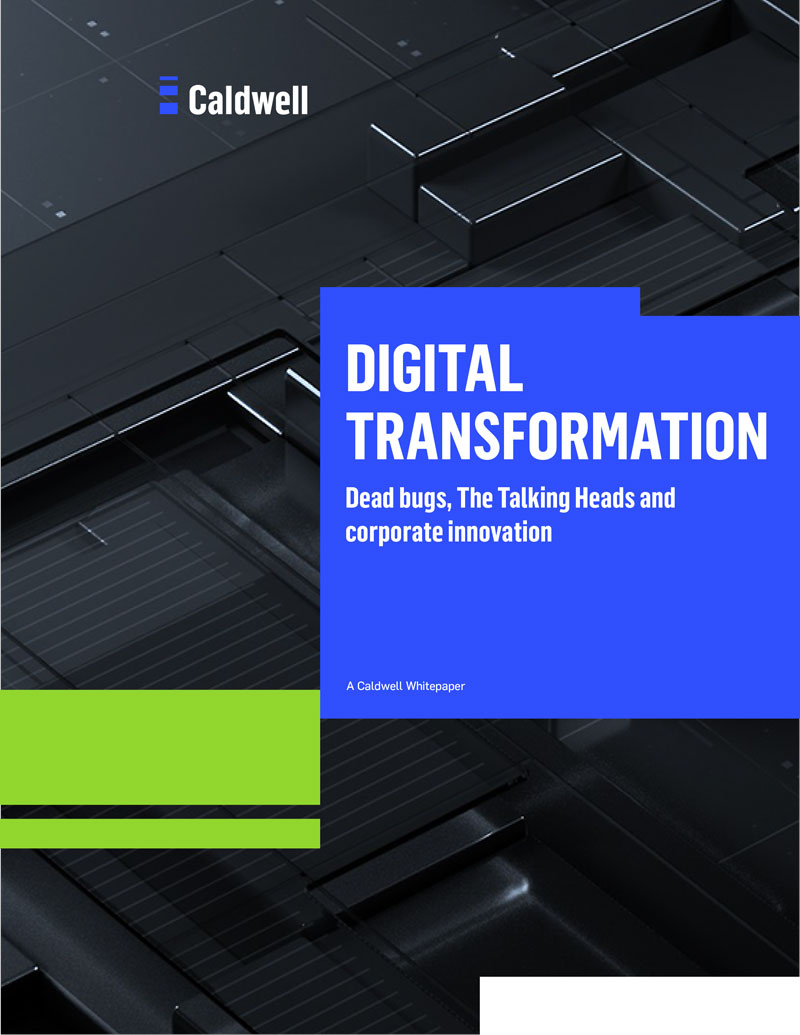Dead bugs, The Talking Heads and corporate innovation
About the Author
Shawn Banerji is the managing partner for the Technology, Digital and Data Leaders Practice at Caldwell. As a trusted advisor to organizations seeking cultural and commercial transformation by unlocking the latent value of legacy assets and product portfolios, he advises clients on the convergence of talent and innovation across all facets of the evolving digital enterprise.
The millennium bug is widely considered the most significant technology non-event of the past 20 years, yet few are aware of its longer-term implications for in-house software engineering and innovation…
The perfect storm
In the months and years leading to 2000, fear of Y2K-related systems failures and the shortage of coders who could perform the remediation opened the doors for third- party software houses to get a foothold in corporate America, and catapulted the fortunes of companies such as Tata Consultancy Services and Wipro. It also coincided with the aggressive marketing of work ow and database tools by Microsoft and Oracle, as well as the rise in popularity of third-party ERP systems such as SAP.
These forces combined to create the perfect storm for the buy vs. build revolution, whose soundtrack, “you know your business, we know technology, focus on your expertise and leverage ours,” resonated particularly well with CIOs who were simultaneously being told to manage costs and that their functional domain was a commodity.
Not surprisingly, the pressure from nance and the inability of many CIOs to make a strong business case for maintaining in-house development led to many companies shedding in-house software engineering and the intellectual property (IP) that it represented. This was, in effect, a time bomb that would detonate a decade and a half later and contribute to the stymying of corporate innovation as it related to the software engineering skills critical for successful corporate digital transformation. “Many legacy businesses outsourced too aggressively and with that surge, a lot of essential talent went out the doors,” said Vince Campisi, SVP, digital and chief information of cer at UTC. “Because of this, there are now critical skills to drive innovation and speed to market that we don’t have on staff. We’ve been renting these skills for too long.”
